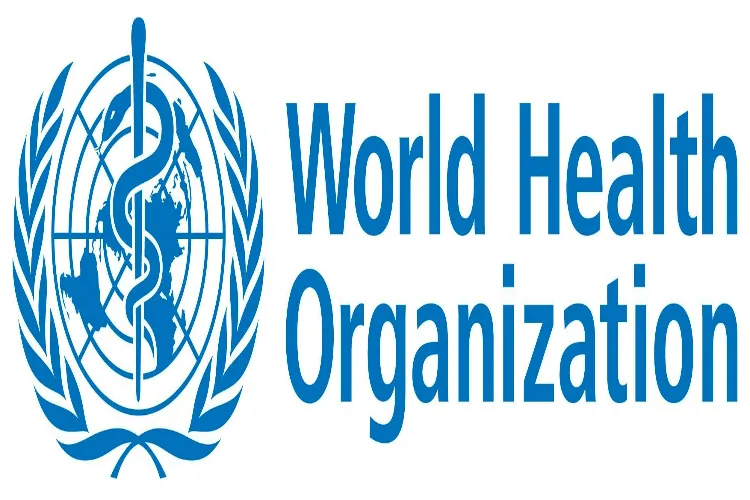
New Delhi
The World Health Organization (WHO) has issued updated clinical guidelines for the treatment of COVID-19, advising against the routine use of antibiotics in patients unless a bacterial infection is clearly suspected.
According to the WHO, even patients with severe COVID-19 should not receive antibiotics unless there is a high clinical suspicion of a concurrent bacterial infection. The updated guidance is based on new evidence, including a recent meta-analysis examining outcomes of patients treated with antibiotics during the pandemic.
The global health agency emphasised that the evolving nature of COVID-19, combined with improved immunity from vaccines and prior infections, has significantly changed the clinical landscape since the early days of the pandemic in 2020. As a result, many emergency measures have been lifted, and COVID-19 care is now more integrated into standard health systems.
Key changes reflected in the new guidelines include:
No empirical antibiotics for non-severe or severe COVID-19 cases where bacterial infection is unlikely.
Removal of general medical advice no longer specific to COVID-19.
Emphasis on preventing antimicrobial resistance, which remains a major global health threat.
The WHO highlighted the continued importance of adapting treatment strategies as the SARS-CoV-2 virus evolves. While infection rates and disease severity have generally declined, the virus still causes significant illness and death worldwide.
These guidelines are aimed at healthcare professionals involved in the treatment and management of COVID-19 and related post-infection conditions, including doctors, nurses, and hospital administrators.
READ MORE: 10 top Muslim bureaucrats of post-Independence India
The organisation stressed the need for evidence-based decisions in COVID-19 care, particularly to avoid unnecessary antibiotic use that could contribute to resistance and reduce their effectiveness for future infections.
